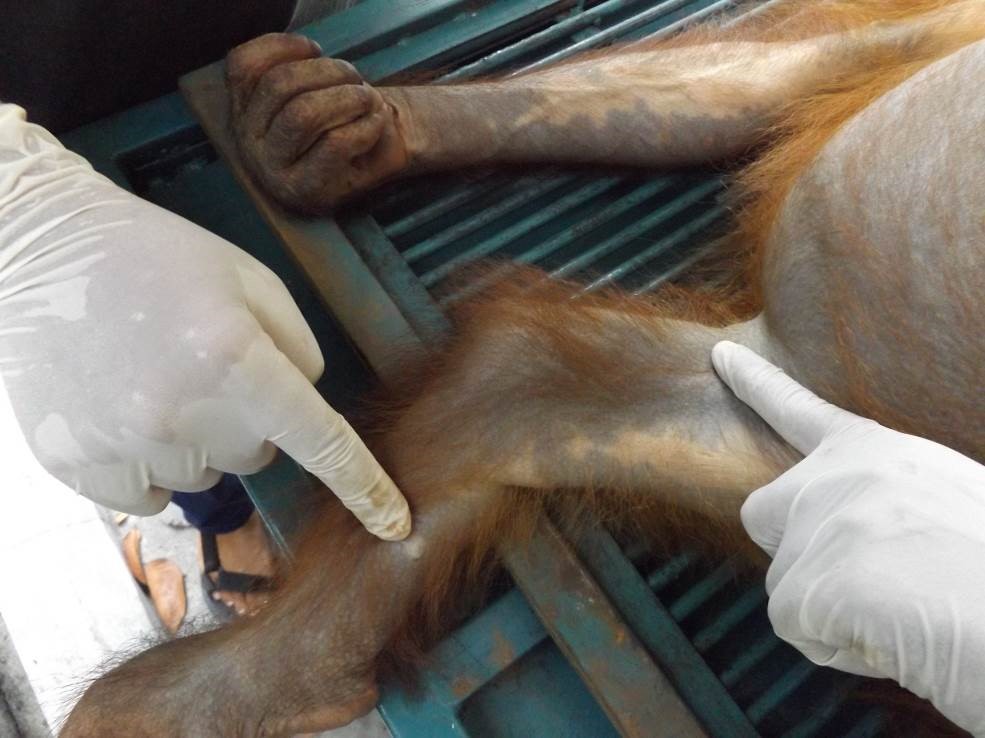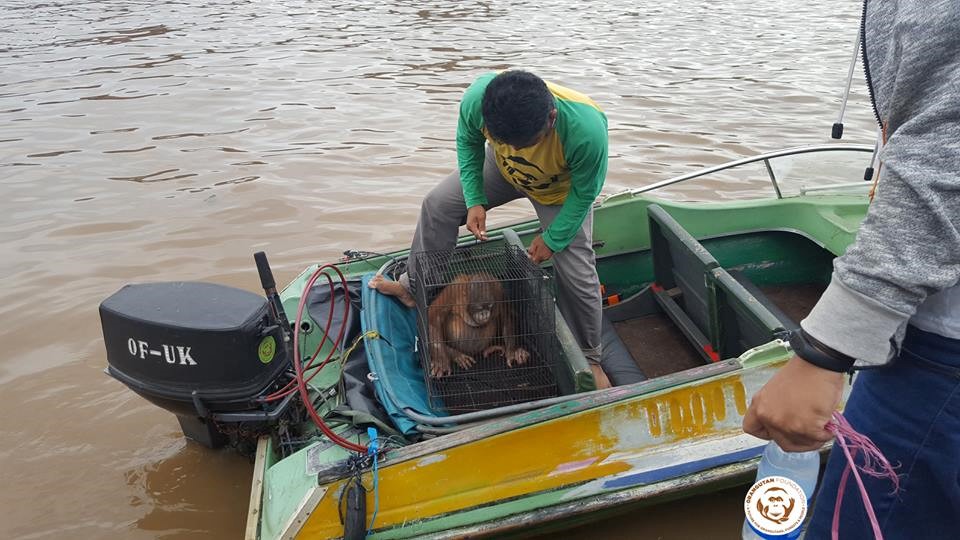Forget the wet and dry seasons, for the orangutans of the Lamandau Wildlife Reserve at the moment it appears to be baby season! Following the news of Pauline and Queen both giving birth in recent weeks, we are thrilled to report two more additions to the forest from first-time mothers Labetty and Suwita.
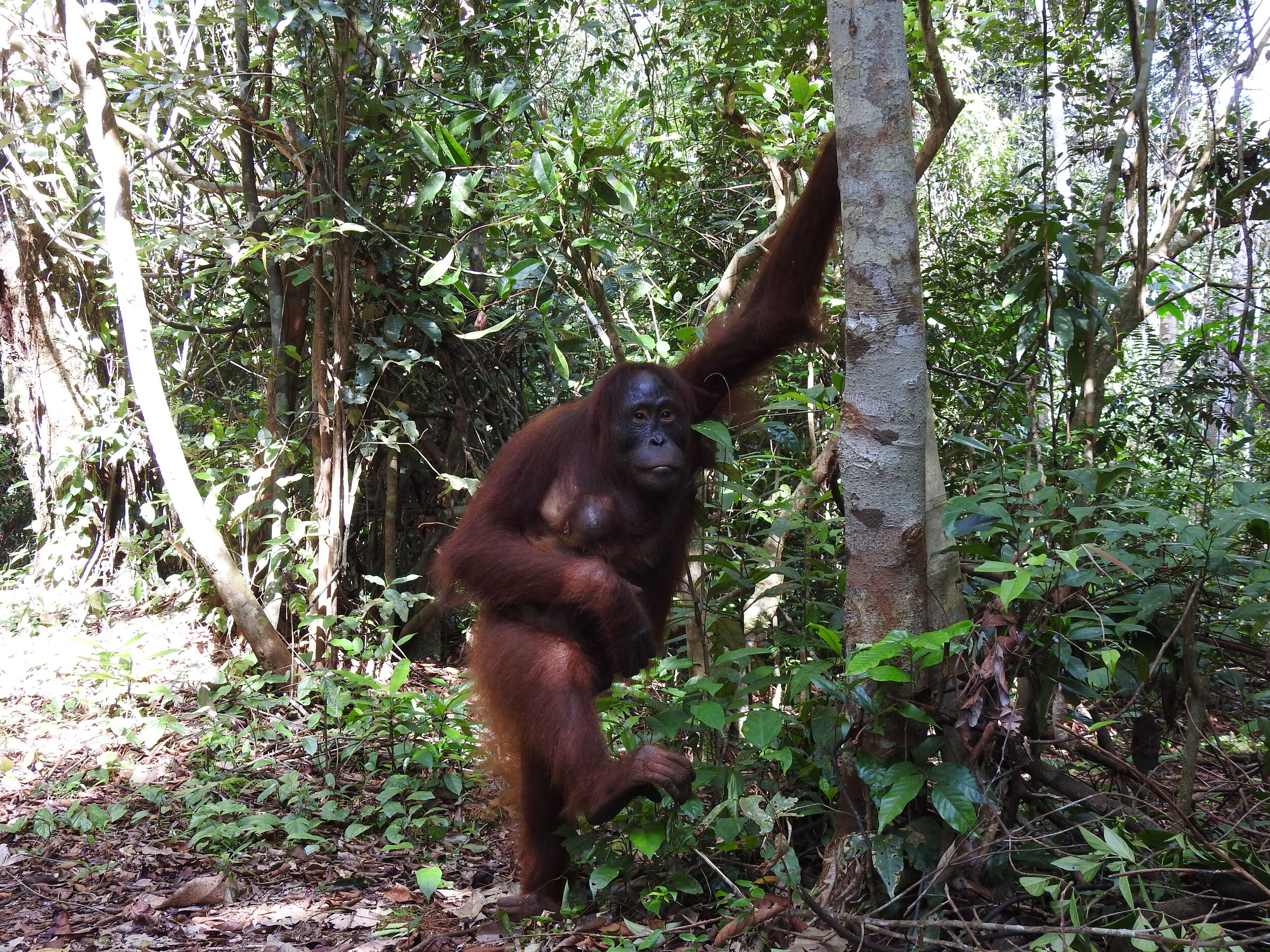

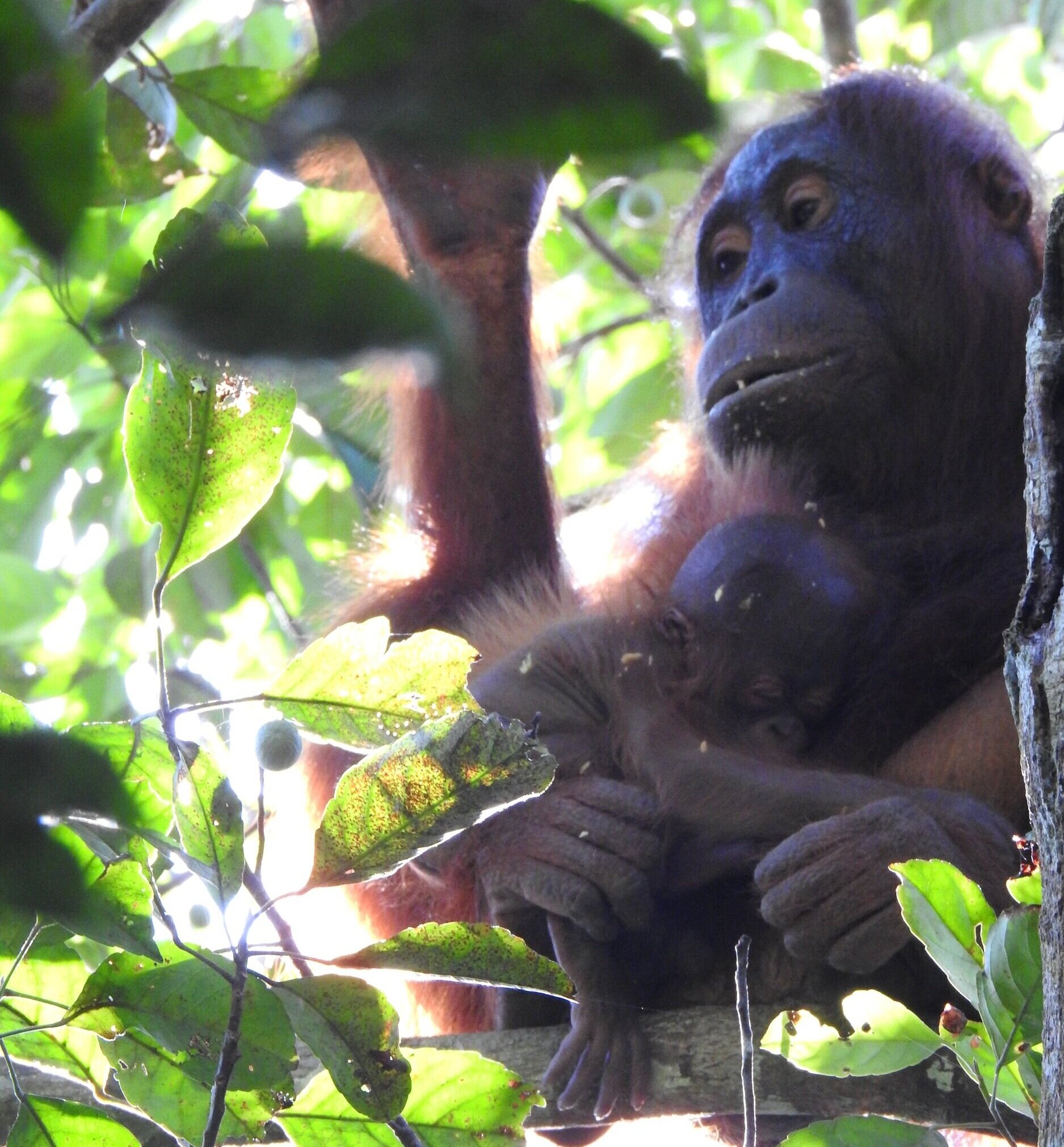
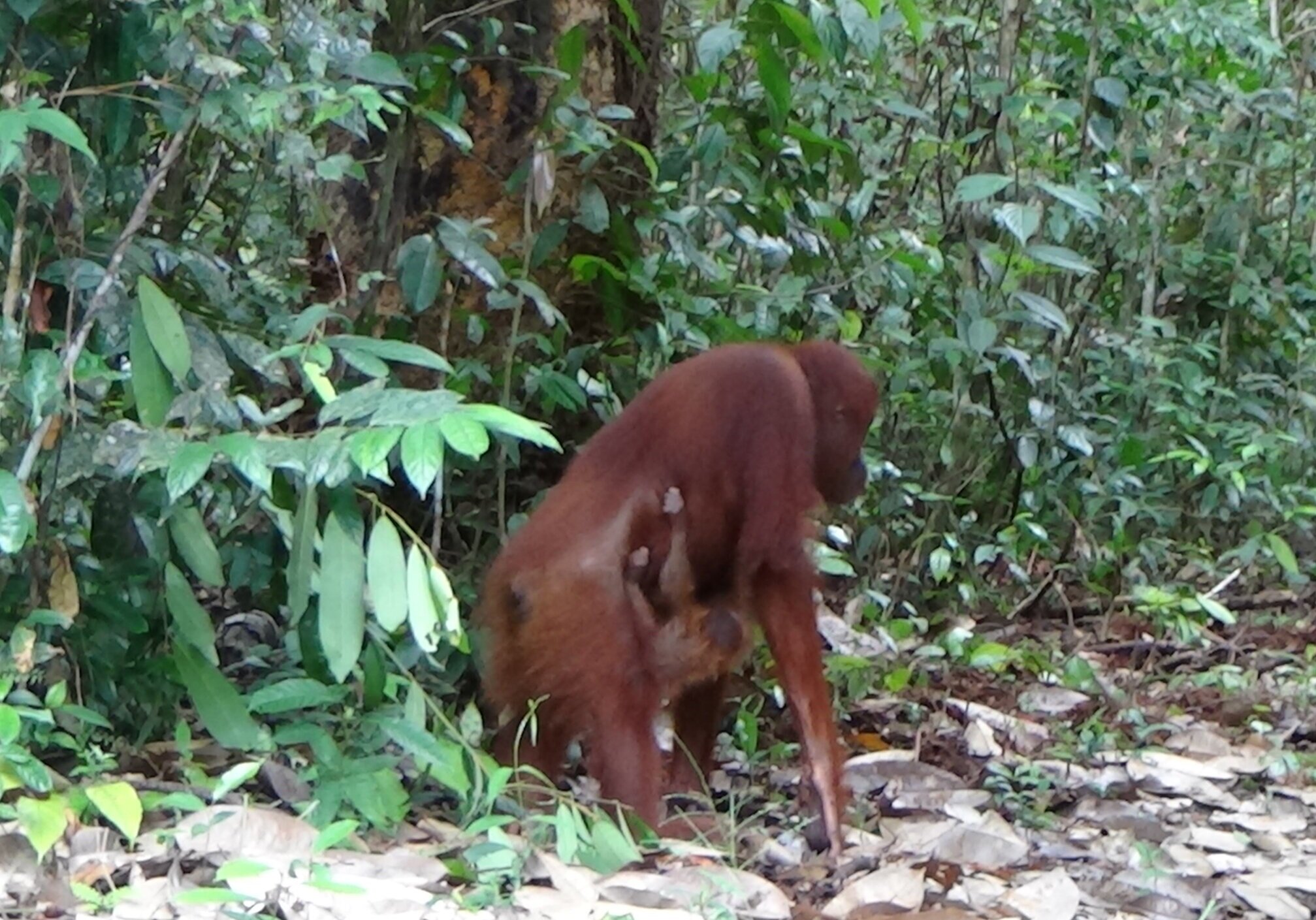
It’s not always easy to identify a pregnant orangutan as the signs can be subtle, but in recent months our teams have been keeping a watchful eye on a handful of females who appear to have slightly enlarged bellies, genitals and appetites; one of whom has been Labetty (above).
Labetty is a wild orangutan who our team at Camp Rasak have been observing on her occasional visits since her birth in 2007. Despite her larger size in recent months however, Labetty still appears to be one of the fastest orangutans in the forest and seems to glide through the trees with speed and elegance, regardless of her pregnancy. It was predicted that Labetty would give birth in around a month’s time so it was somewhat of a surprise when she was spotted this week with her new baby, identified as a male.
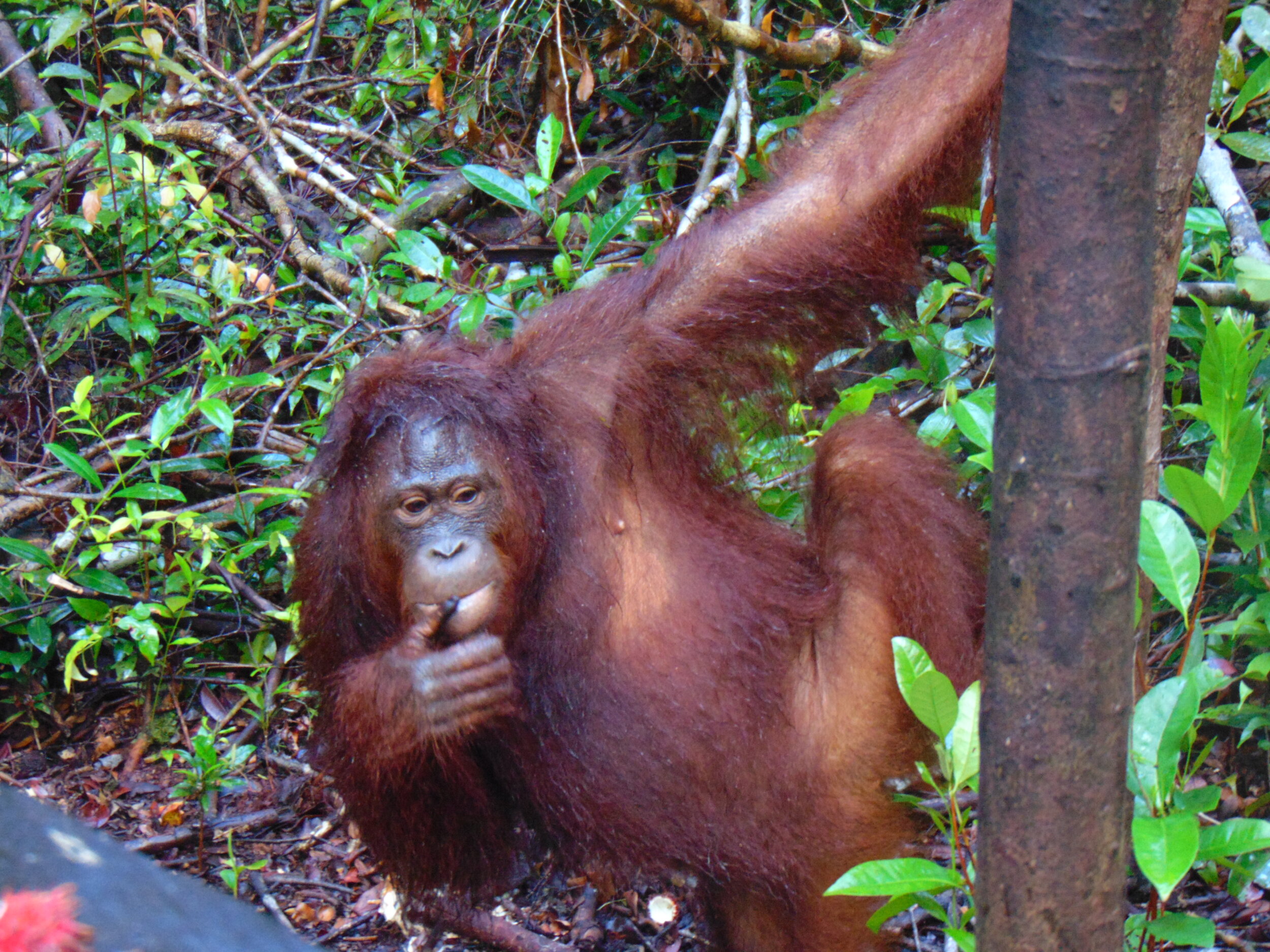



It would be fair to say that Suwita (above) has also surprised our team this week. It wasn’t until relatively recently that Suwita was identified as another pregnant female, but the duration of her gestation period was unknown. With wild orangutan males Ewet and Tole also spotted from time to time at Camp Rasak, it was thought that one of these males (most likely Ewet) must have mated with her at some point, but when? It wasn’t until this week when Suwita was observed with her young infant that our team knew she must have mated around 9 months ago.
The sex of Suwita’s new baby is currently unknown but our field team and veterinary staff will continue to monitor the progress of her and Labetty in the coming months. We look forward to collecting and sharing footage of the pair caring for their new infants in the forest very soon.
Through their new infants, Suwita (left) and Labetty (right) are contributing to a more secure future for this orangutan population.
To witness four wild orangutan births within a matter of weeks is a remarkable achievement and demonstrates how settled this population of great apes is in the Lamandau Wildlife Reserve. For all of us at the Orangutan Foundation, this news truly feels like a fitting reward on the 30th anniversary of our conservation work, supporting these critically endangered primates and protecting their natural forest environment.



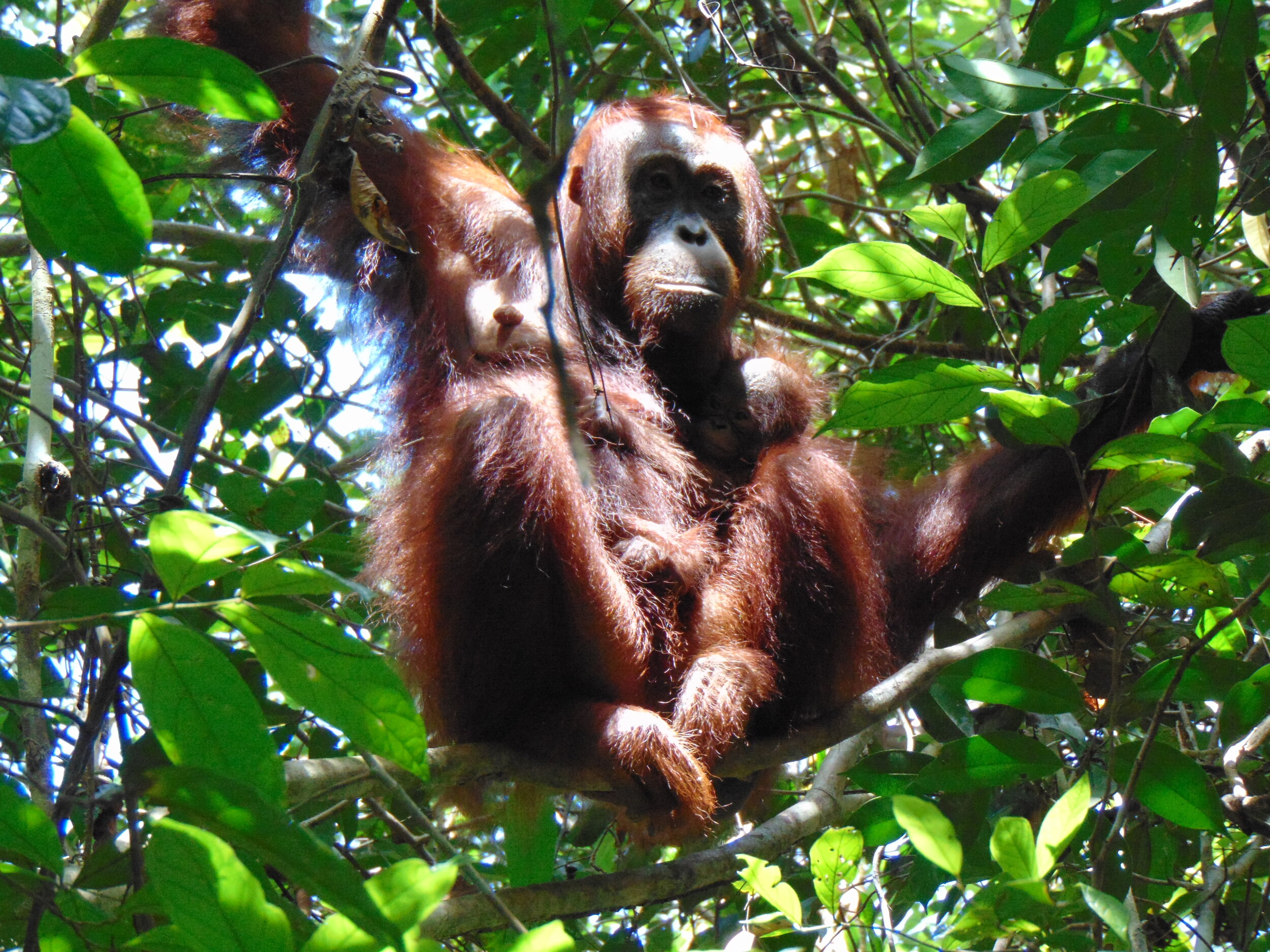
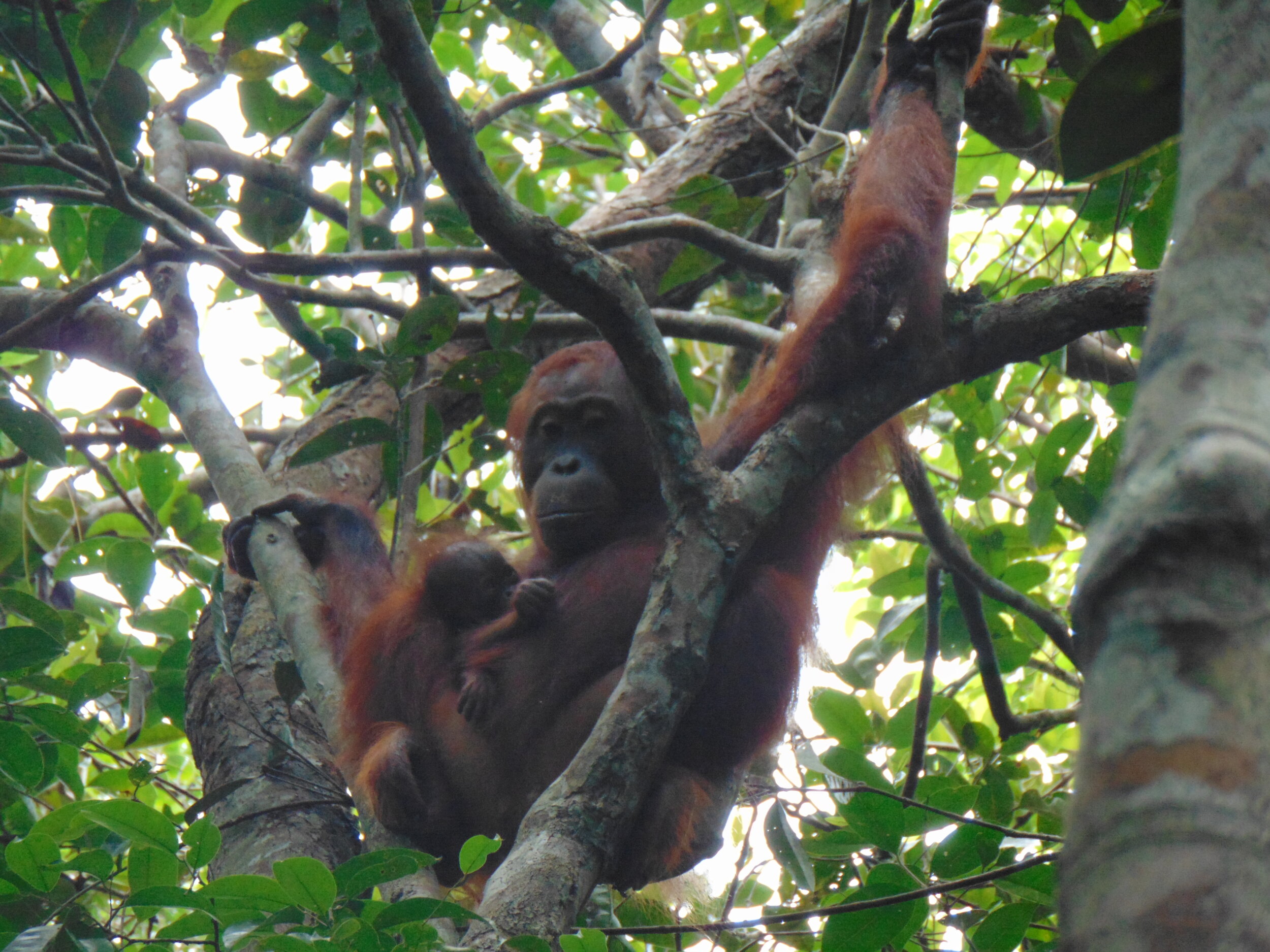

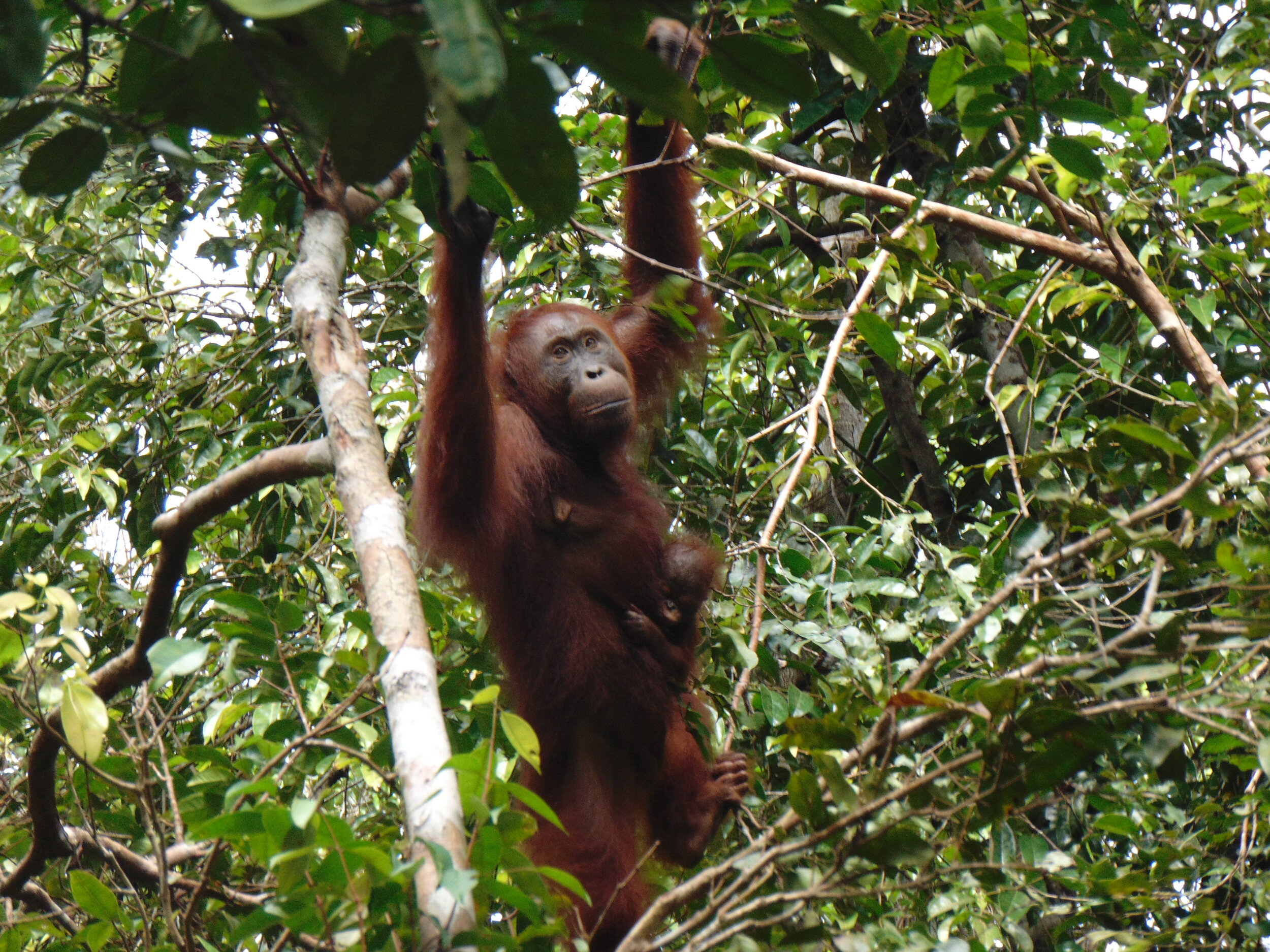


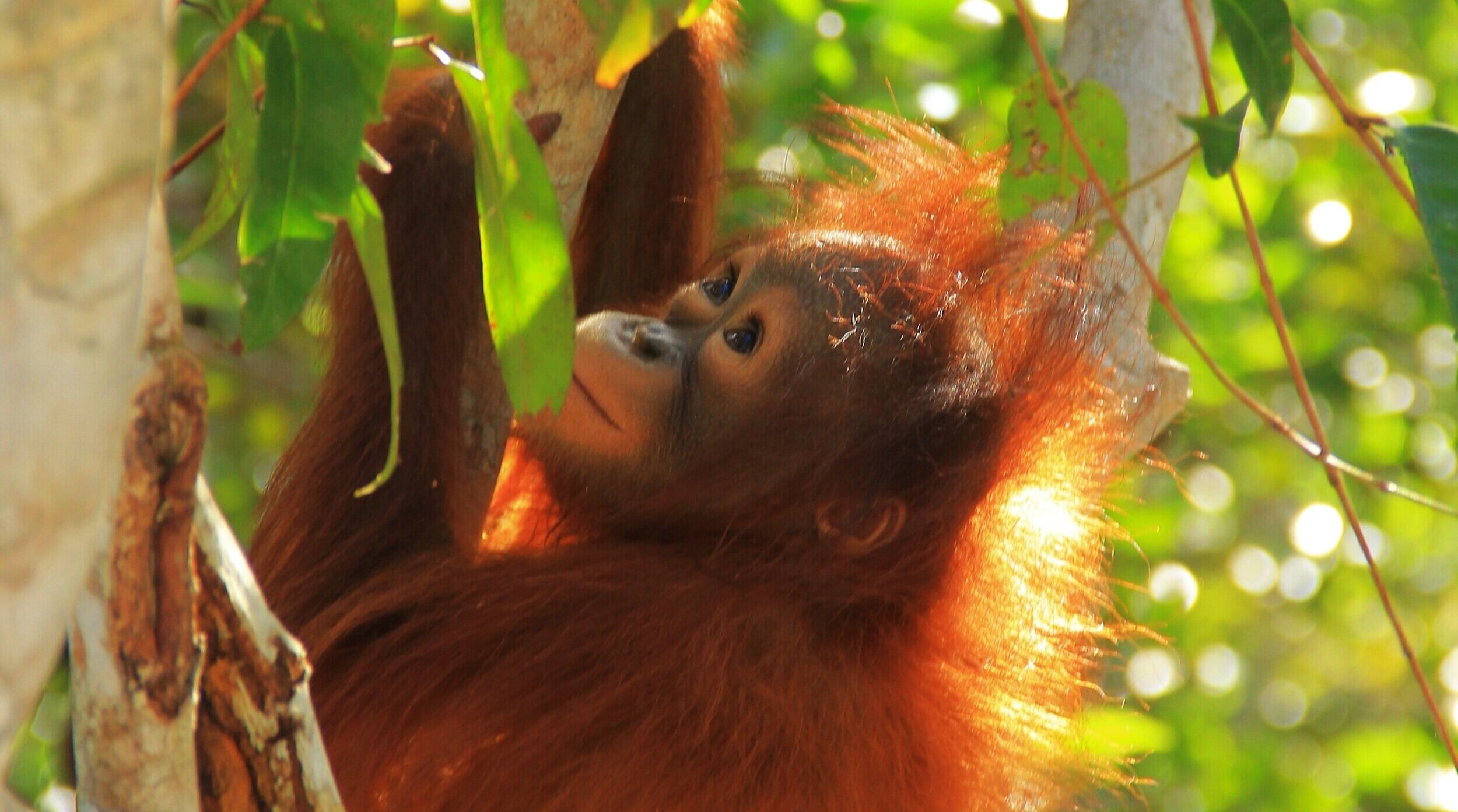

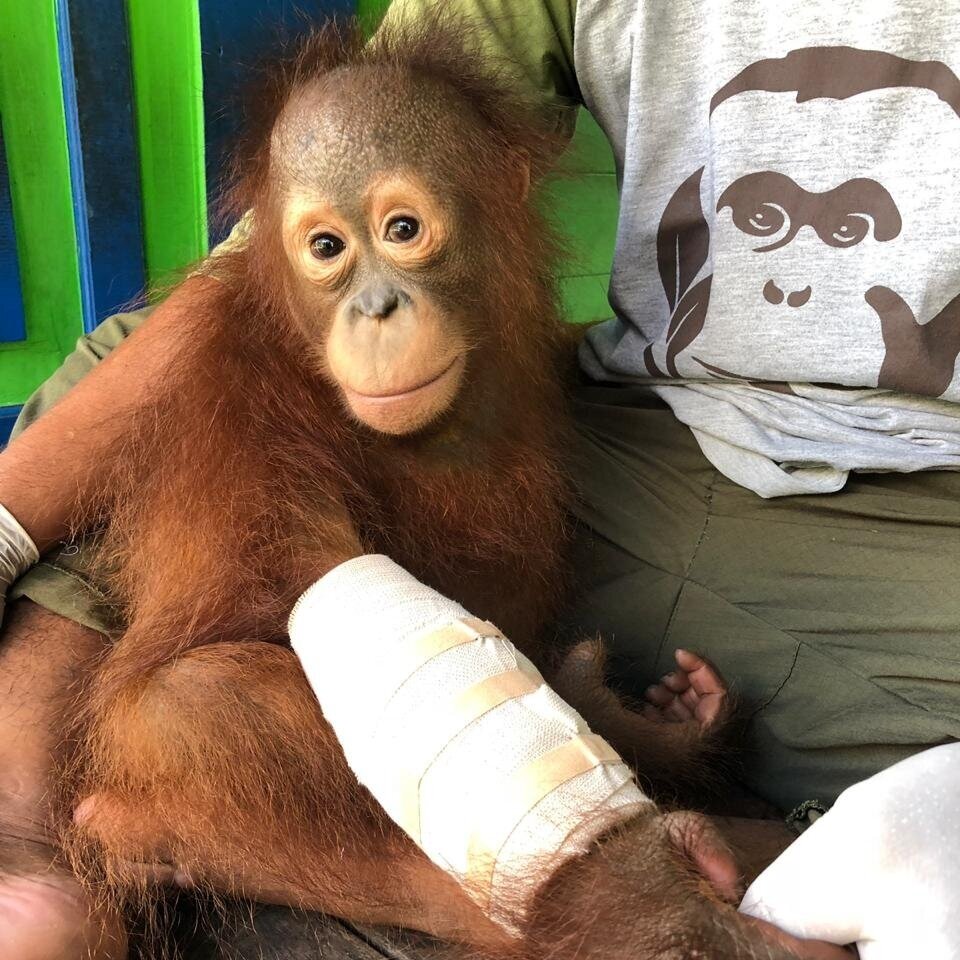
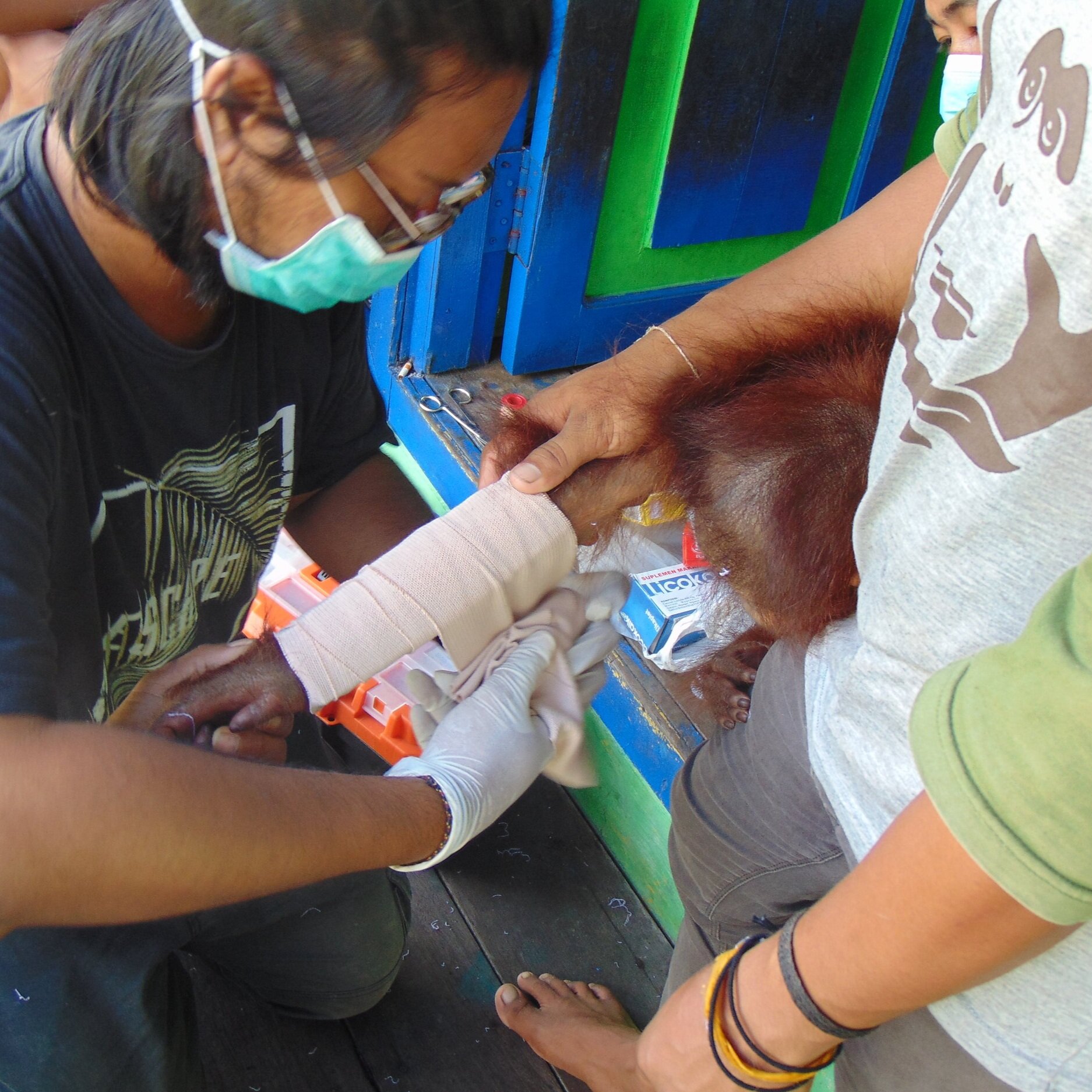
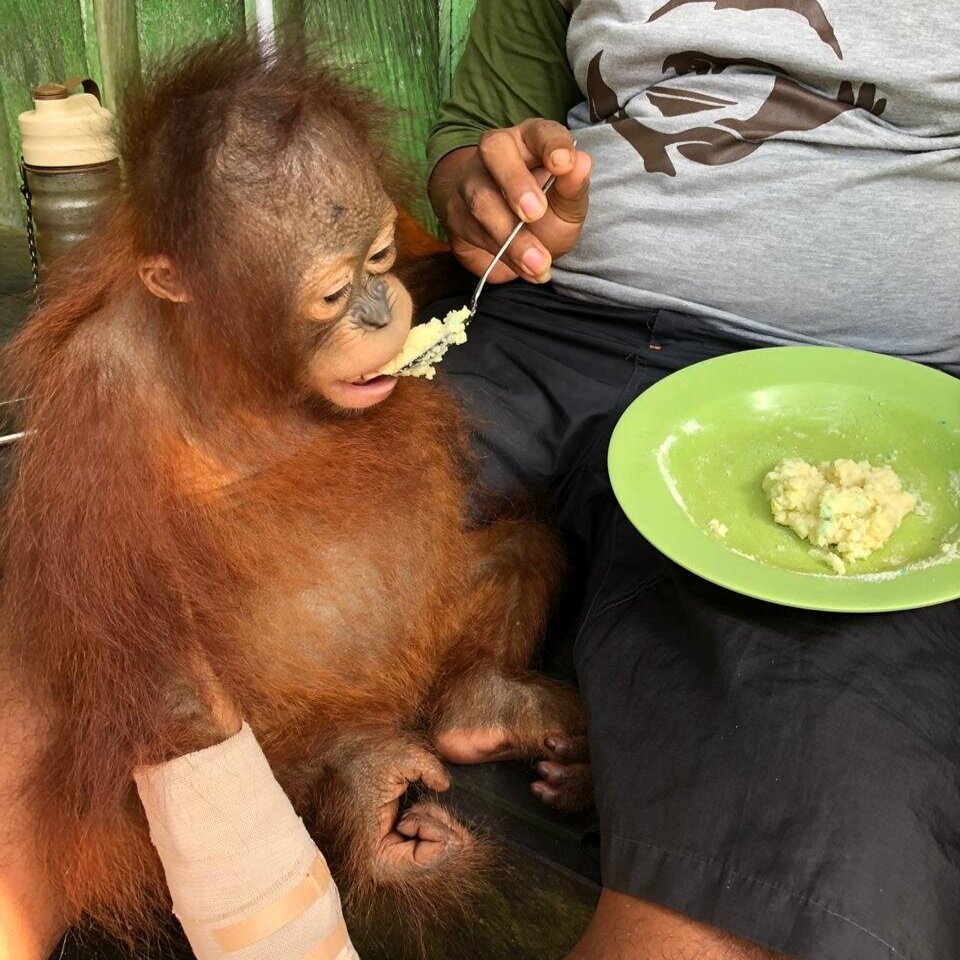
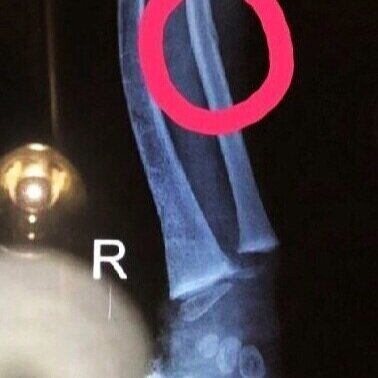
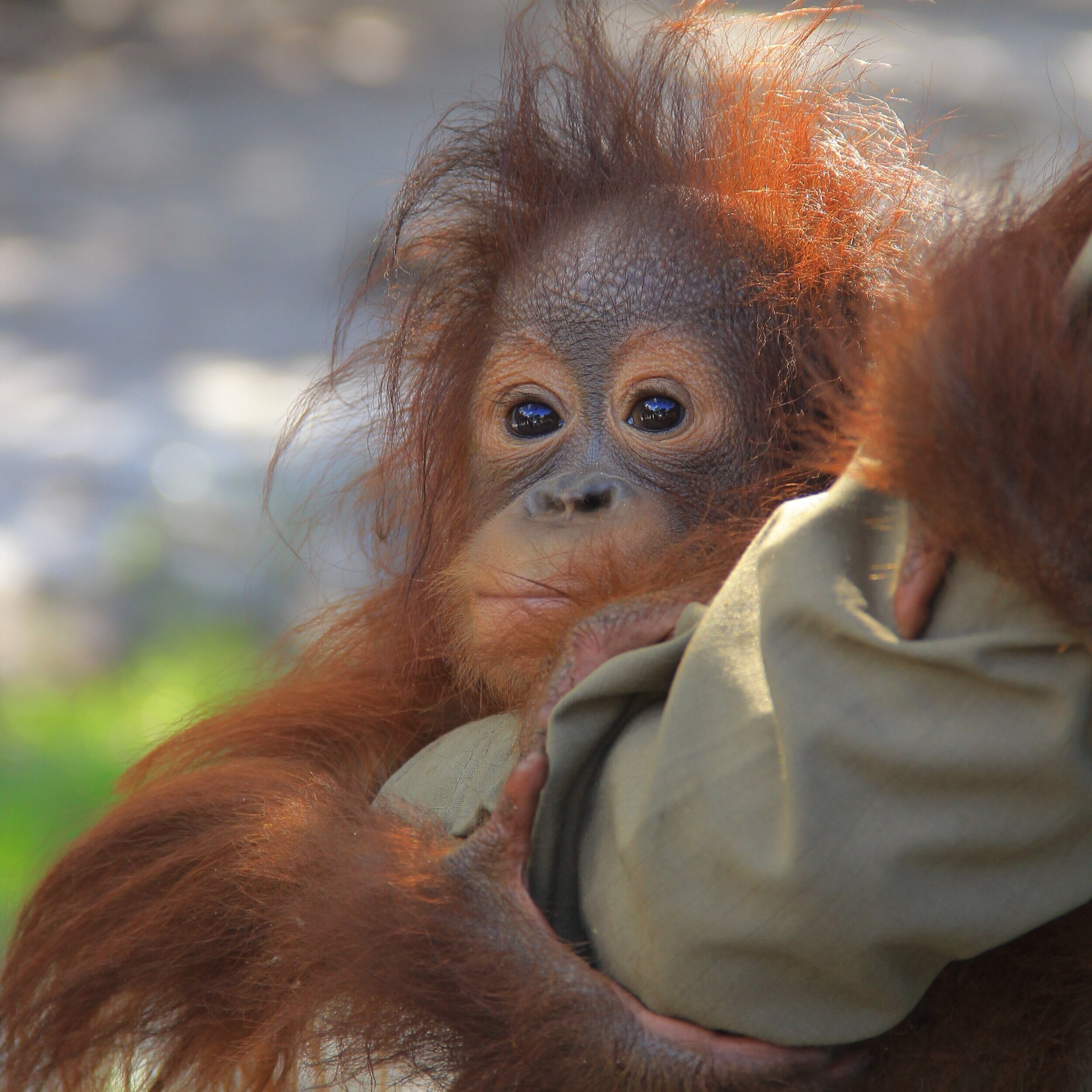
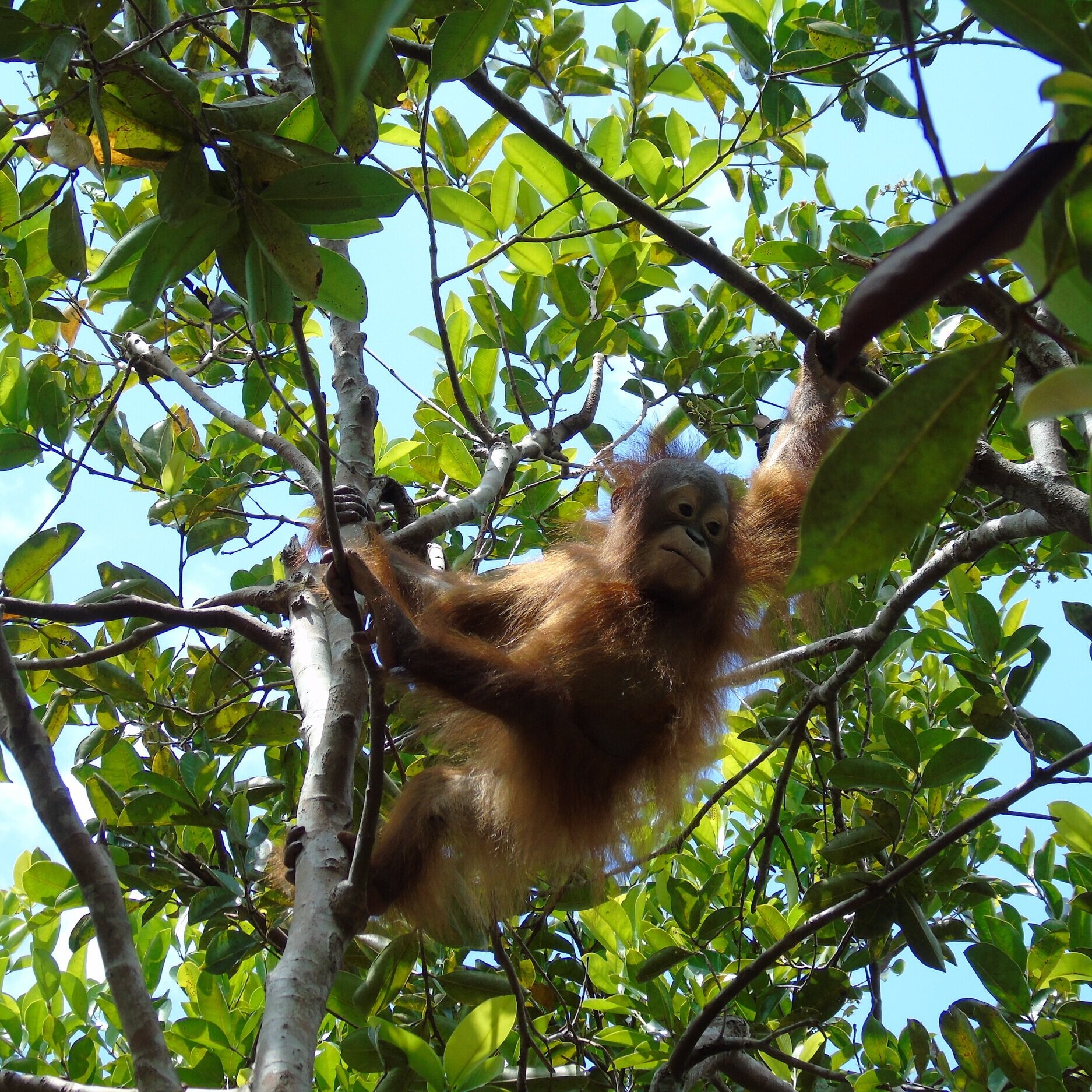



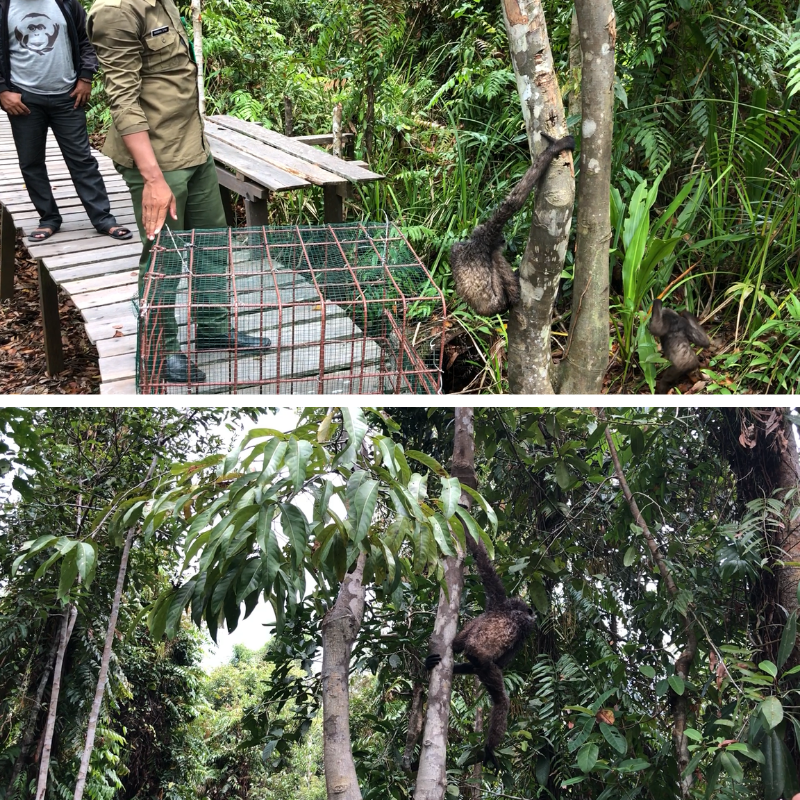



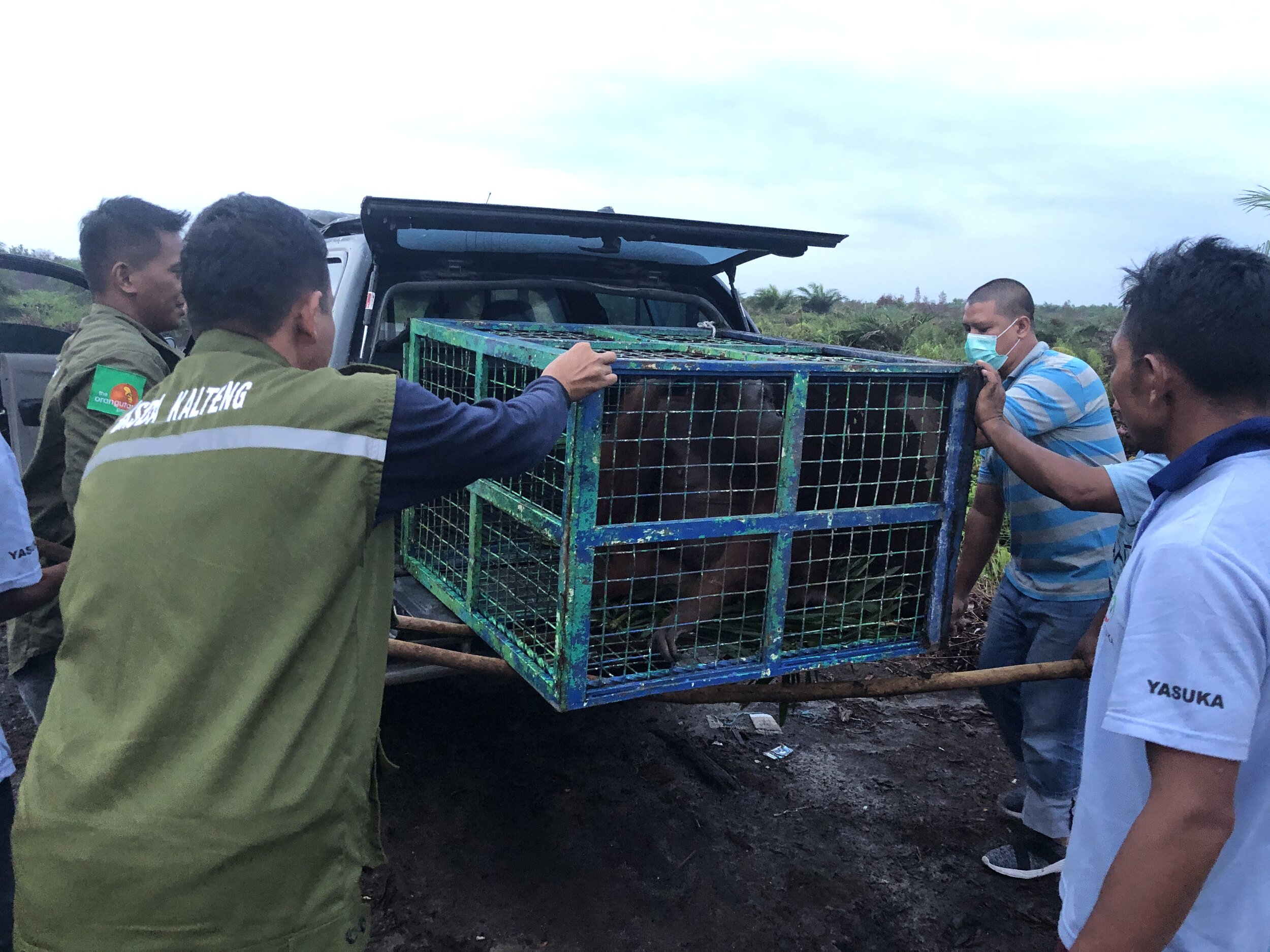








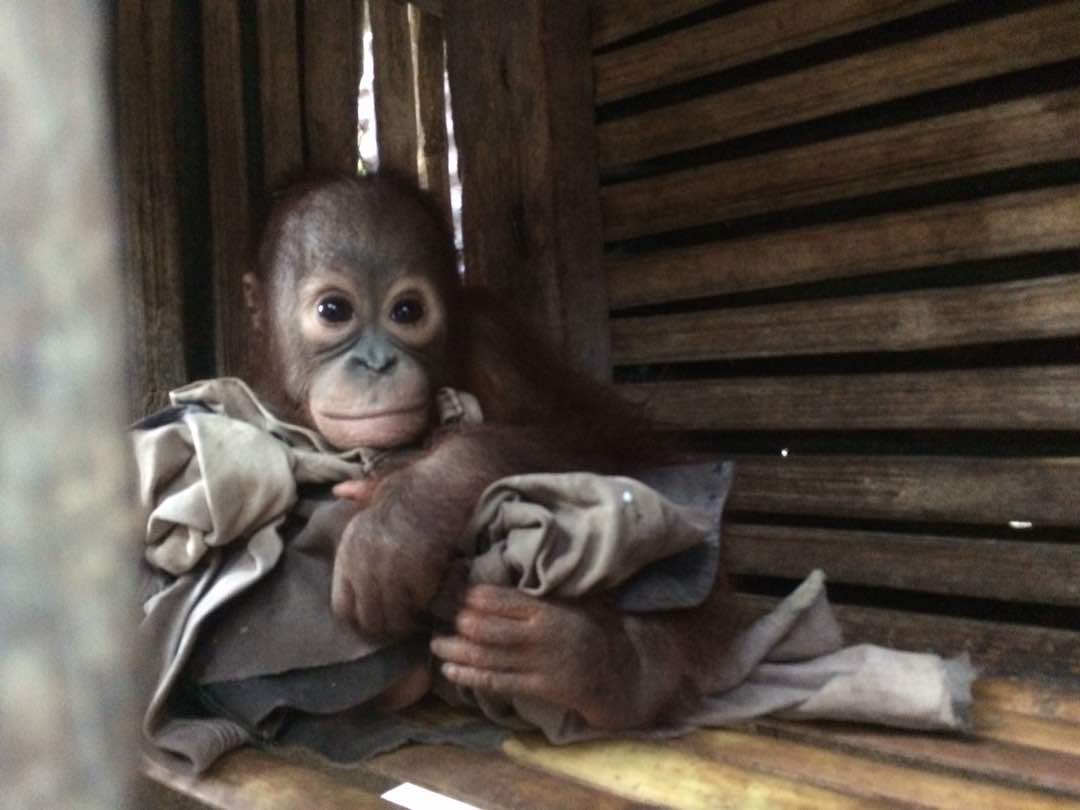 On 19th June 2017, BKSDA informed our field staff that they had just confiscated an orangutan from people who had been keeping it as a pet in a nearby village. This orangutan was entrusted into the care of the Orangutan Foundation.
On 19th June 2017, BKSDA informed our field staff that they had just confiscated an orangutan from people who had been keeping it as a pet in a nearby village. This orangutan was entrusted into the care of the Orangutan Foundation.
